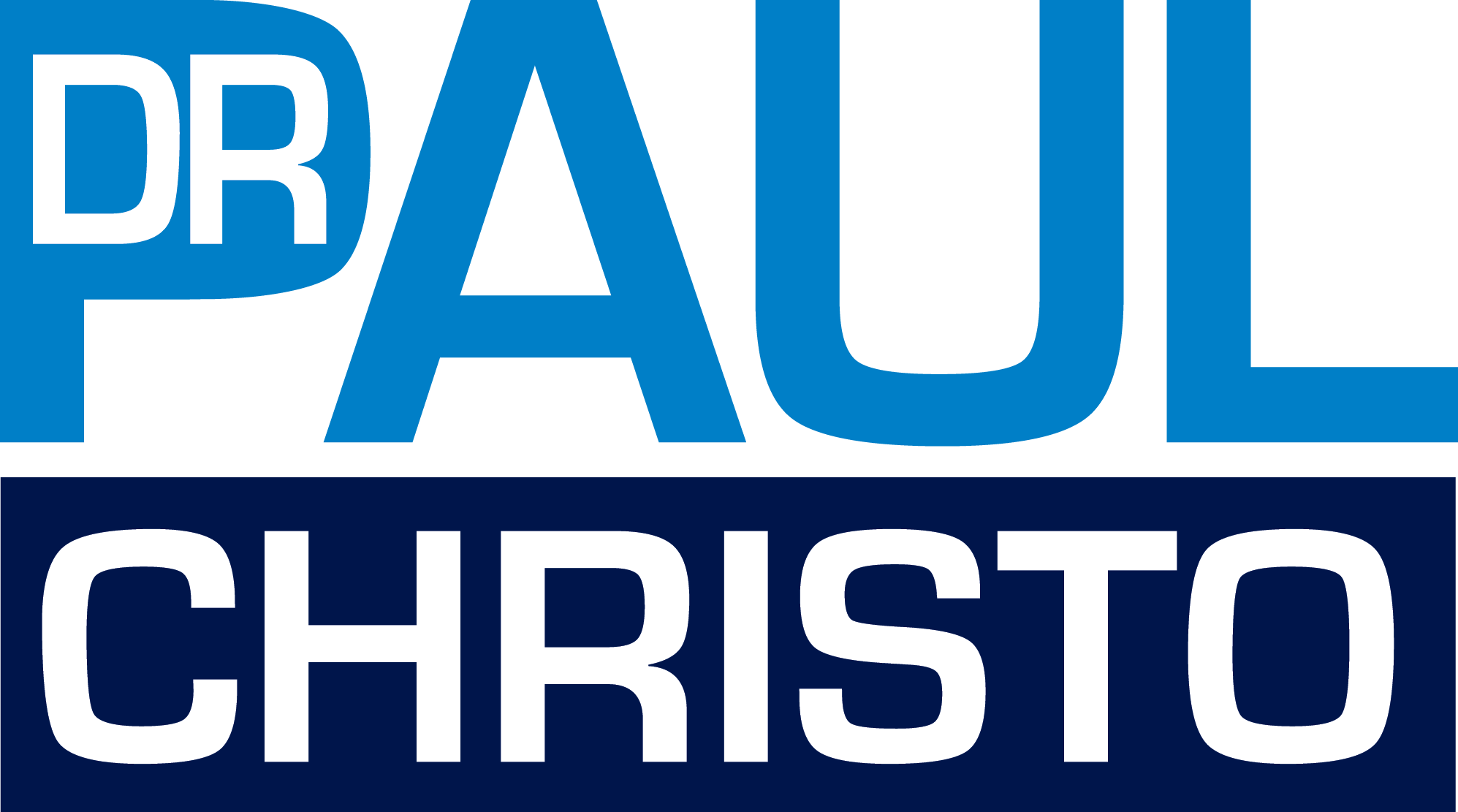A recently published study found that acupuncture was a safe alternative to pain-relieving drugs for some patients arriving at accident and emergency. The study took place in four hospitals in Melbourne, Australia, and was the world’s largest randomized controlled trial of acupuncture in emergency departments. It found that the treatment is a low-risk and effective alternative to pain-relieving drugs for some patients.
Professor Marc Cohen from the Royal Melbourne Institute of Technology [RMIT], said pain was the most common reason people came to emergency, but was often inadequately managed. “Emergency nurses and doctors need a variety of pain-relieving options when treating patients, given the concerns around opioids such as morphine, which carry the risk of addiction when used long-term.”
Acupuncture, while rarely used in an emergency setting, is gaining in popularity with the rise of holistic pain management methods. Practiced in China for more than 2500 years, acupuncture uses electromagnetic signals produced by thin needles that are placed into specific points in the skin. It improves circulation and has an anti-inflammatory effect, activates the body’s endorphins in the spinal cord, and quiets down fear and painful emotions in the brain.
There is evidence that it is helpful for headache, tennis elbow, fibromyalgia, osteoarthritis, and myofascial pain. Clinicians report that patients with low back pain, upper back pain, and temporomandibular disorder can respond well. It may require 9-10 sessions before achieving the maximum benefit, which would require additional doctor visits after the emergency room treatment.
Patients who identified their level of pain as at least 4 on a 10-point scale randomly received one of three types of treatment: acupuncture alone, acupuncture plus drug treatments, or drug treatment alone. One hour after treatment, fewer than 40 percent of patients across all three groups felt any significant pain reduction (2 or more pain points), while more than 80 percent continued to have a pain rating of at least 4.
But 48 hours later, the vast majority found their treatment acceptable, with 82.8 percent of acupuncture-only patients saying they would probably or definitely repeat their treatment, compared with 80.8 percent in the combined group, and 78.2 percent in the drug treatment only group.
Cohen said, “Our study has shown acupuncture is a viable alternative, and would be especially beneficial for patients who are unable to take standard pain-relieving drugs because of other medical conditions.”
